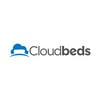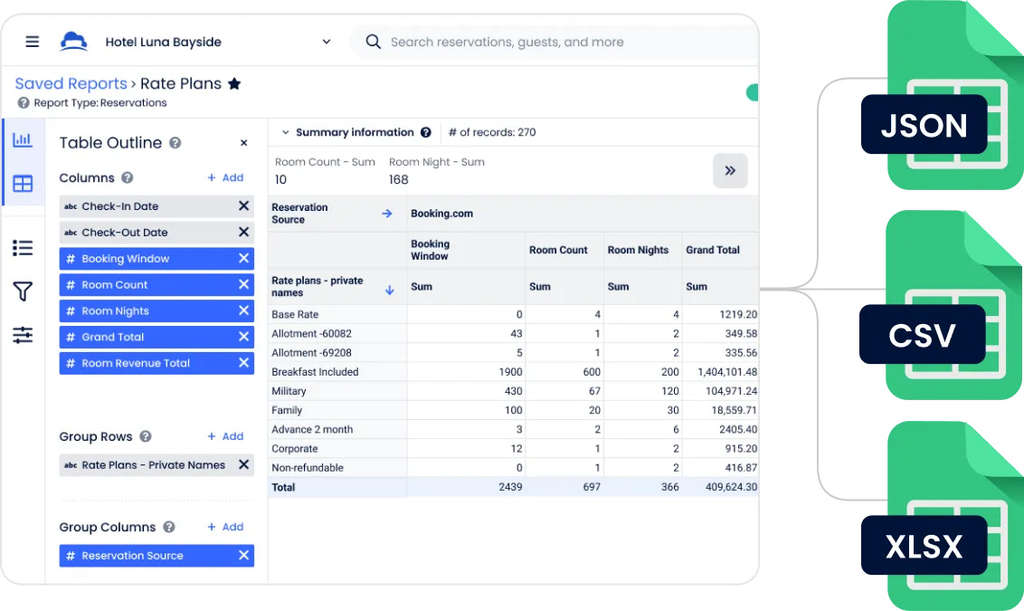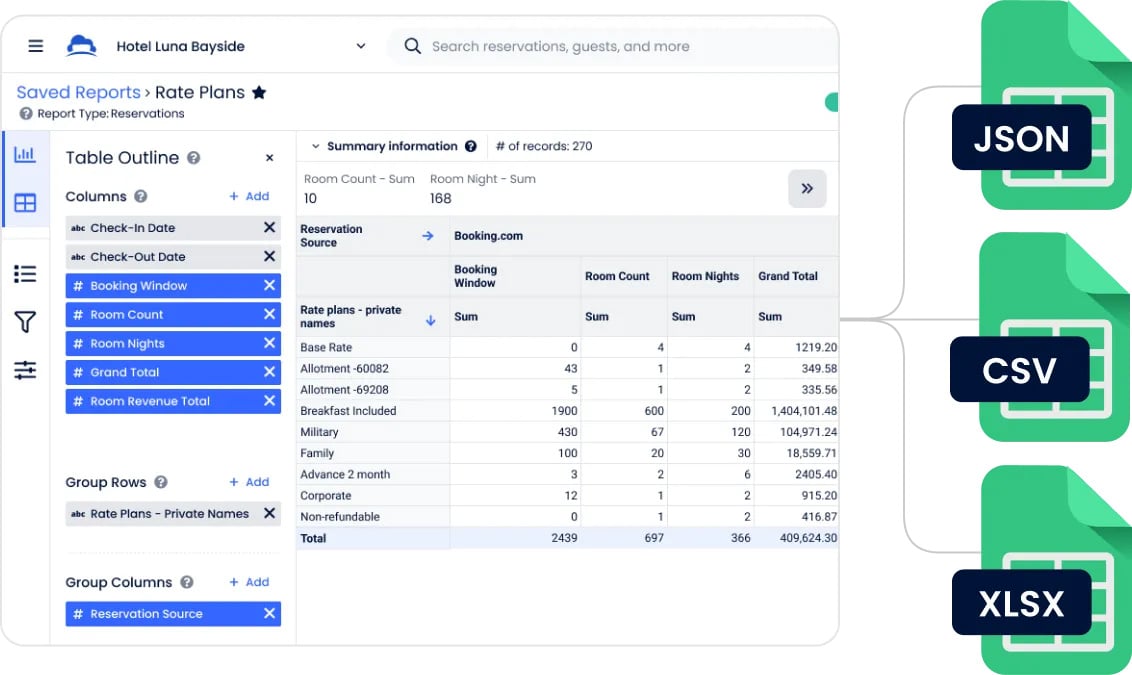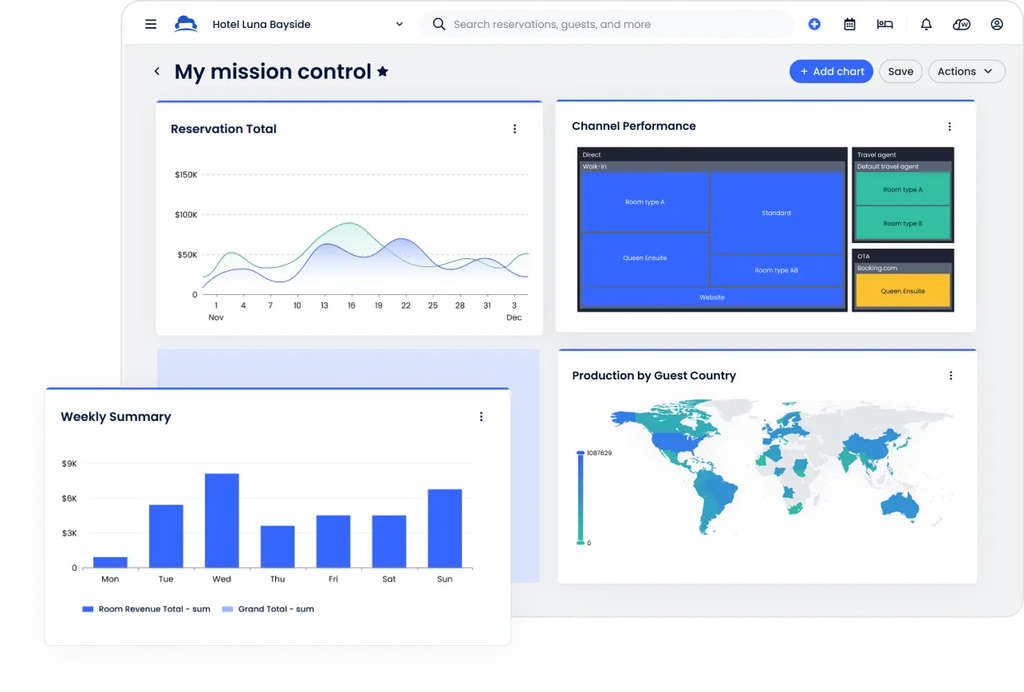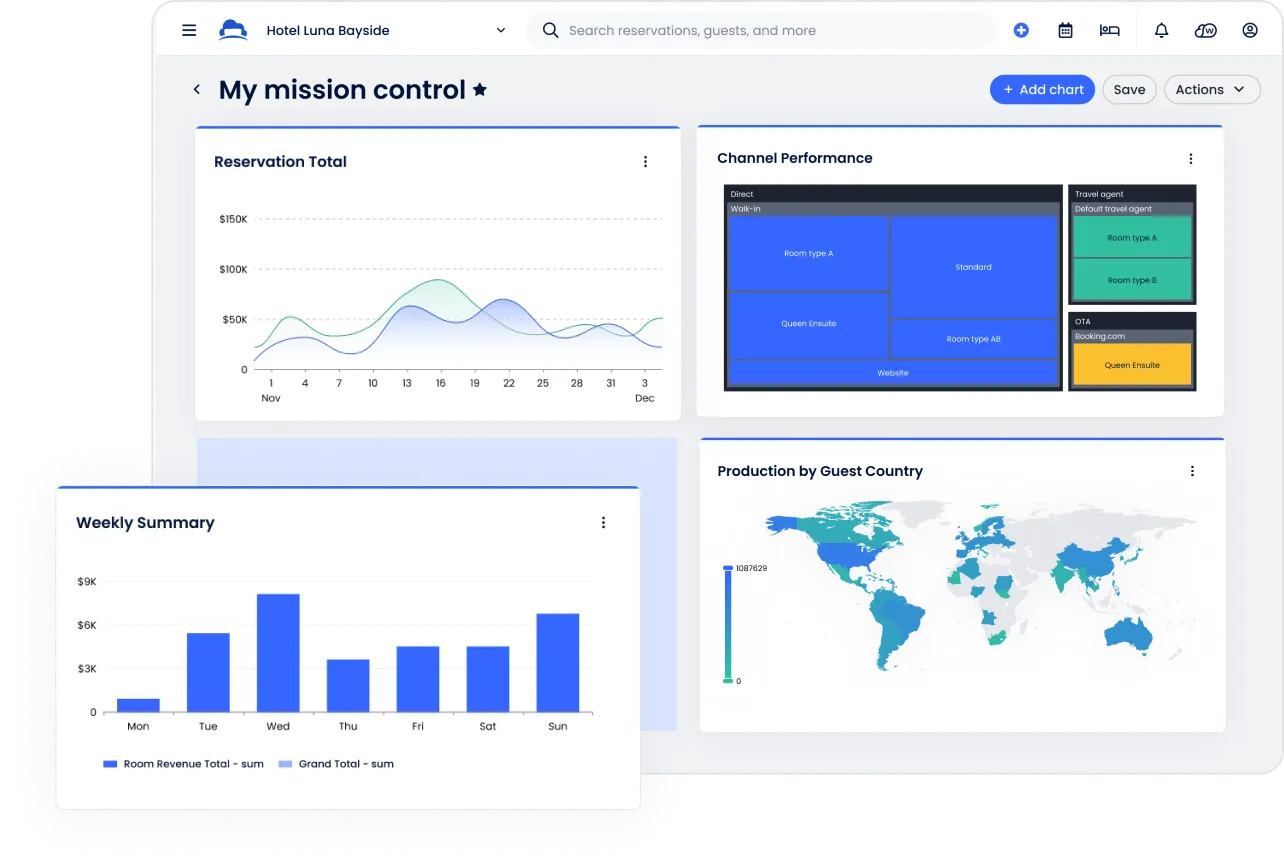Unlocking data for hotels: How Cloudbeds Insights redefines PMS with native BI
By Lana Cook, Content Writer at Cloudbeds
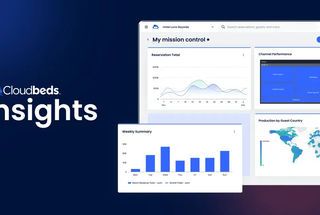
Business intelligence software plays an integral role in strategic decision-making for hotels, but not every system is created equal.
Generic BI tools require time and effort to configure data and customize reports to your hotel’s specific needs. You can spend hours manipulating and mapping data to unlock the information required to maximize revenue and enhance the guest experience.
Hospitality-focused business intelligence solutions, on the other hand, eliminate the inefficiencies associated with generic BI tools. They make it easy to extract, transform, and load (ETL) data, build custom reports, understand multi-property performance, and collaborate across departments—all within the property management system (PMS).
To provide background into the intricacies of BI tools and how a hospitality-focused business intelligence solution like Cloudbeds Insights can enhance reporting capabilities for larger properties and hotel groups, we spoke to Jackson Chin, Senior Product Manager at Cloudbeds.
Transform your data with Cloudbeds. Book a demo
A brief overview of BI software
Business intelligence software collects and analyzes insights from your property by pulling your data from various sources such as your PMS, revenue management system (RMS), and payment gateway.
By doing so, BI solutions empower your team with accurate, up-to-date data for strategic decision-making. These insights can be used to boost your hotel operations, increase your revenue, and even enhance your guest experience.
5 shortcomings of generic BI tools
While generic BI tools offer many features, they often lack hospitality-specific functionality. During Passport 2024, Chad Brubaker, Senior Director of Product at Cloudbeds, broke down some of the shortcomings of generic BI tools and how hospitality-specific solutions like Cloudbeds Insights help solve these challenges.
Unlock data-driven decisions with Cloudbeds. Watch Passport session
1. Data mapping
Many BI tools make it difficult to map data, missing the fields relevant to hospitality. As Jackson points out, A lot of times, there’s not a lot of flexibility in making changes to the core tool.
To get the data you need, you must manually collate and format data from different sources so that they transfer seamlessly into your BI system.
2. Poor multi-property reporting
If you’re looking to compare performance across your portfolio, many tools don’t have the ability to aggregate cross-property information, requiring manual input to export and combine data. If you’re looking at multiple properties or you’re trying to do deep analysis, oftentimes you have to rely on other tools,
shares Jackson.
3. Data control
With generic tools, Jackson says, You really have to configure [your BI tool] to make it your own because it has no context about what you’re trying to analyze.
That means a ton of effort is needed to create and maintain reports to ensure that you’re analyzing the most important data sets.
4. Cross-departmental collaboration
From accounting to operations, collaborative functionalities are siloed in generic BI tools, significantly hindering cross-functional initiatives. In addition, many generic tools charge per user, making it expensive to share data and collaborate across departments.
5. Static reporting
While many of today’s generic BI offerings allow properties to create static reports, they lack customizable options or the ability to filter information at a granular level.
Cloudbeds Insights: A hospitality-focused BI solution
Jackson walked us through the development process for Cloudbeds Insights, a hospitality-focused business intelligence solution designed to reduce hotel teams’ reliance on industry-agnostic BI tools. Cloudbeds Insights’ sophisticated offerings include real-time data that your staff can act fast on and flexibility within your PMS.
In another session from Passport, Jackson explained the difference between Cloudbeds and generic BI tools for hotels.
Watch the full session from Passport 2024. Watch now
Built in-house.
Building Cloudbeds Insights in-house granted Jackson and his team full control of the solution’s functionality and features. With a deep understanding of what’s important to hoteliers, the team was able to build a system that prioritized these functions.
For example, In hospitality, the calendar is very important, but a lot of BI tools don’t have a good calendar to show occupancy information,
says Jackson. By building this in-house, we have full control of how the calendar should look and make it really hospitality-focused.
The best part of an in-house solution? The team will continue elevating the product to incorporate new features and functionality based on customer feedback.
A robust data strategy.
Cloudbeds Insights makes it easy for hotels to access their data without any limits due to the PMS integration. In addition to property-specific data, Cloudbeds has plans to increase its data analytics offerings through succinct integrations with benchmark partners. In the future, we hope to integrate with partners to get even more data into the analytics platform, so users can start comparing their performance and have a central place for visualizing their data.
Elevate your data with Cloudbeds Insights. Book a demo
6 unique features of Cloudbeds Insights
In addition to being built in-house and offering a foundational data strategy for future analytics growth and benchmarking, Cloudbeds Insights offers unique features for hotels.
1. Built directly into the PMS
What makes Cloudbeds Insights unique from other generic BI tools available on the market is that the platform is built directly into the PMS, granting users access to real-time data. Not only are refreshes almost instantaneous, but hotels can fully customize reports, something not found in many tools.
2. Open API & extractable data
Open APIs allow your existing tech stack to seamlessly connect with your data, enabling faster processes for real-time updates. Cloudbeds’ open API allows users to get creative, opening up the possibilities of creating custom workflows and automations into external tools.
Jackson recalls one instance of an early Cloudbeds customer with monthly rentals using Cloudbeds Insights reporting API to collect periodic data and build up their automation.
They used our reporting API to build triggers and automation to make their lives easier, instead of going to a report and watching it manually and sorting by descending order to see the numbers,
he says.
3. Data visualization
Unlimited and fully customizable dashboards with ample data visualization are also on offer with Cloudbeds Insights.
Create dashboards for each of your respective guest personas, or for each of your departments. You can also mix and match reports given the platform’s drag and drop functionality to suit your dashboard set up. Your dashboards are updated in real time So if your report changes, the hub will change, too.
4. Customizable reports
From advanced filtering, pivoting, and grouping to relative dates, Cloudbeds Insights features customizable reports, giving hoteliers the information they need to make data-driven decisions.
However, it’s the time-period comparison reports that Jackson recommends for hotel groups, especially in relation to its importance surrounding the pace report, comparing a specific time frame from previous years.
With comparison mode, you can look up any point in time, past or future and compare that way,
says Jackson. Lots of PMS have this functionality, but they’re not as flexible where they can jump to any point in time. We have the ability to do that.
5. Collaborative capabilities
Whether it’s creating and distributing reports for review, standardizing your reporting processes across teams, or sharing updates with external stakeholders, Cloudbeds Insights enables managers and their teams to effectively collaborate and establish clear reporting processes (with no per-user pricing).
What’s more, Cloudbeds Insights’ email subscription functionality lets you easily communicate and correspond with respective operational and housekeeping teams, while restricting access as need be.
Jackson shares, You don’t have to have Cloudbeds Insights access at all, and you can distribute reports that way as well. One of our customers uses a list of projected in-house guests for the next day to prepare for breakfast. The report has a relative date that will pull tomorrow’s in-house guests. An email gets sent to the people who prepare breakfast, who then get a list in the morning.
You can even configure who gains access to your email subscription outside of the Cloudbeds platform, making it easy to share data with external stakeholders without creating new users.
6. Native multi-property reporting
Reporting across properties is notoriously difficult, with many PMS offerings lacking native functionality and reporting features for multi-property hotel groups. This is especially the case for hoteliers requiring reporting for different regions. BI software with multi-property functionality is a must for hoteliers responsible for managing multiple properties.
It was important for Jackson’s team to grant hoteliers responsible for managing multiple properties full control of their data and reporting dashboards. This includes front-end access like reporting user interfaces and dashboards but also back-end access for integrations and deep analysis.
With Cloudbeds Insights, you can easily group properties in whatever way you want with native multi-property reporting. With standardized data across the tool, it’s as simple as choosing a checkbox and creating multiple reports for your respective hotels and regions.
You can also create a portfolio-level report that has all of your properties together. This is something that is quite unique for a native business intelligence tool,
says Jackson.
Getting started with Cloudbeds Insights
Cloudbeds Insights revolutionizes hotel management by offering hospitality-focused business intelligence tools built directly into your PMS. From customizable reports to real-time data and collaborative capabilities, it’s designed to meet the unique needs of hoteliers everywhere, large hotel chains and multi-property hotel groups included.
Transform your data with Cloudbeds Insights. Get started
Martina Orlandi
Marketing Specialist
Cloudbeds
